

The tale of an individualist proletarian in a time marked by the rise of mass political movements. In early 20th-century Italy, illiterate sailor Martin Eden seeks fame as a writer while torn between the love of a bourgeois girl and allegiance to his social class.

Irene, nicknamed 'Miele', has devote herself to people looking for help, and tries to alleviate their suffering even when they make extreme decisions. One day she has to cope with Grimaldi and his invisible malaise.

French silkworm trader Hervé is married to the beautiful Hélène. When an outbreak of disease ravages European silkworms, Hervé must travel to Japan to retrieve healthy eggs. After a long journey, Hervé finally arrives at a village where he can buy them. He becomes infatuated with a young concubine and goes to great lengths to see her again. But, when war breaks out in Japan, the concubine flees, forcing Hervé to return home to his wife.

Loose adaptation of Italy's national epic, Alessandro Manzoni's “The Betrothed”. In war-torn 17th century Italy, shady feudal lord Don Rodrigo eyes young and beautiful Lucia, who loves—and is reciprocated by—commoner Renzo. The two lovers plan to marry in secret, but Rodrigo discovers it and they are forced to flee their village, becoming separated and each facing many dangers, including the Plague.
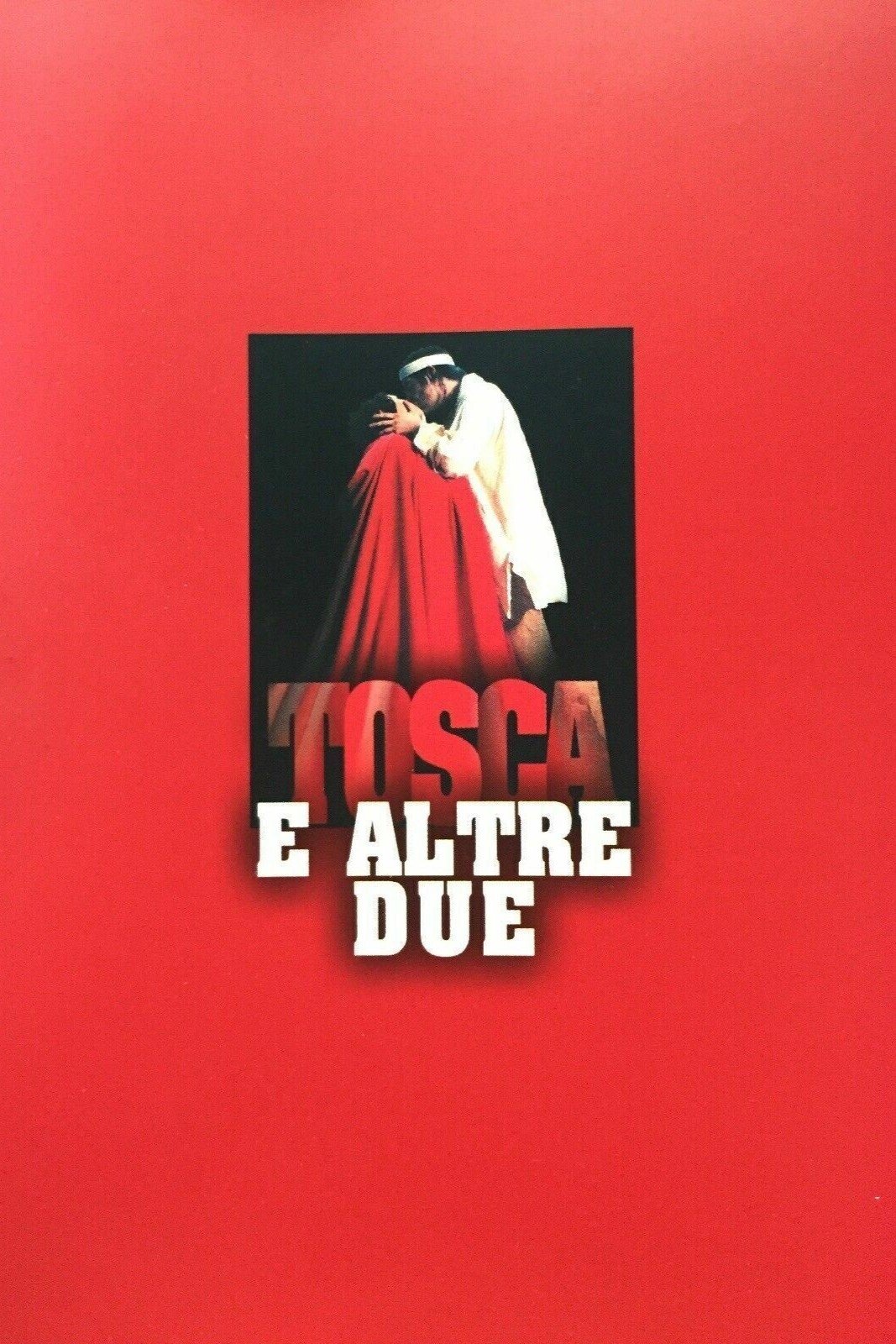
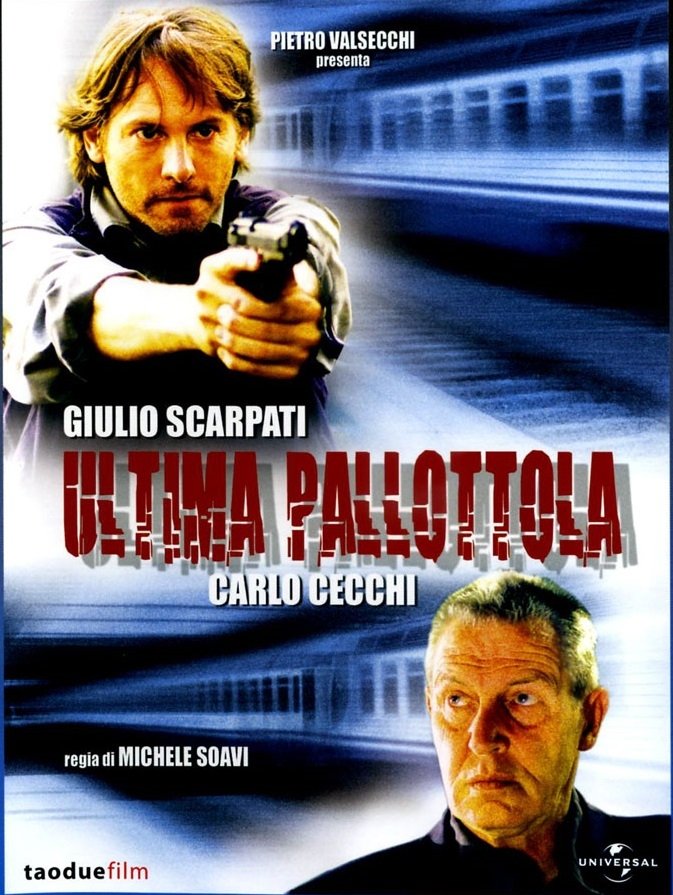
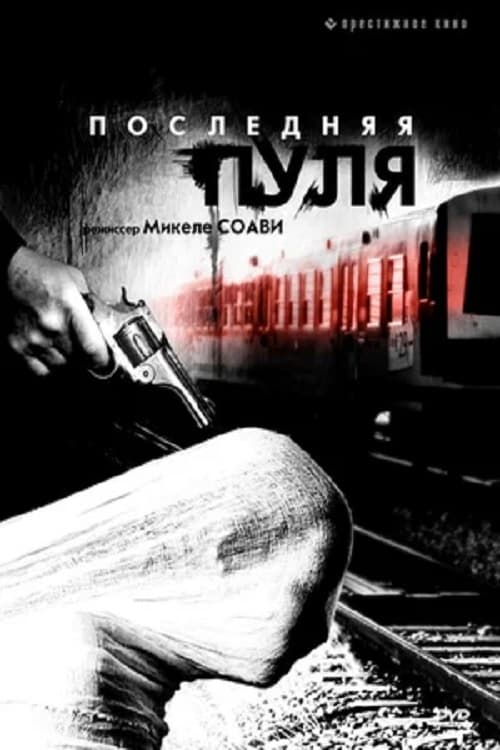
Based on the case of the serial killer Donato Bilancia, who murdered 17 people between 1998 and 2000 in Genova.
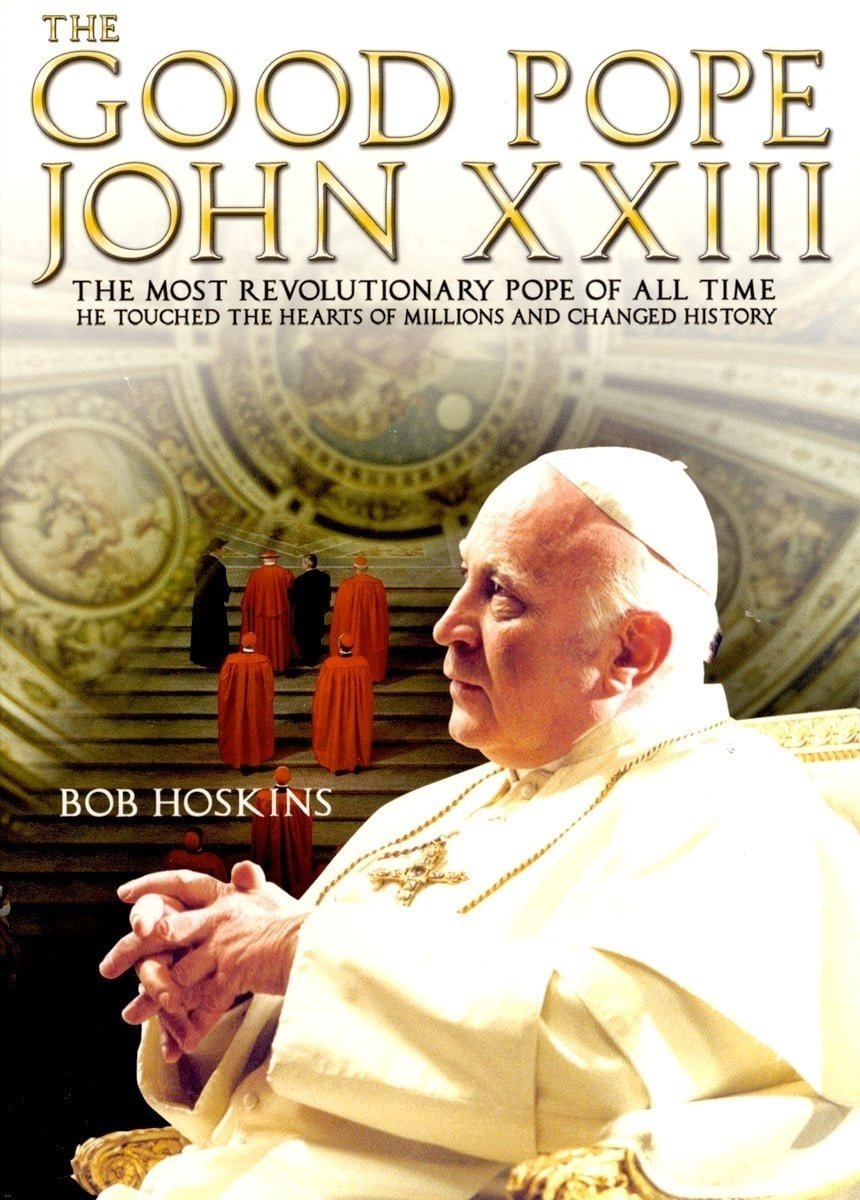
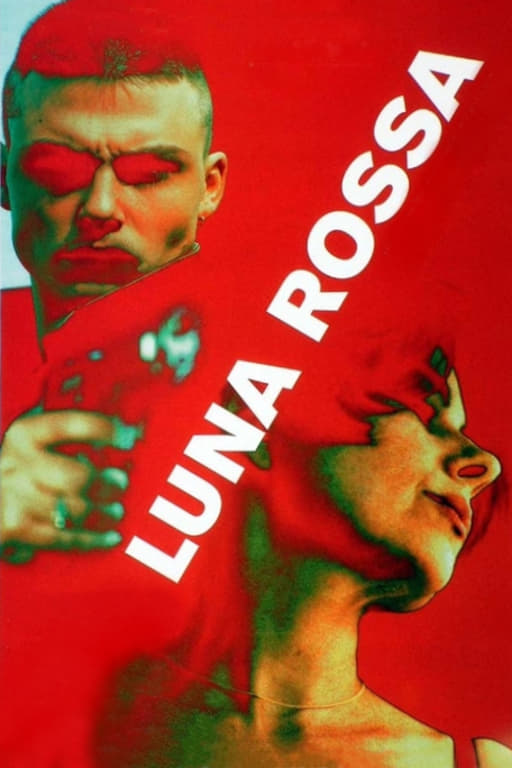
The downfall of a powerful Mafia family by the hands of its young scion. Based on Aeschylus' tragedy, the Oresteia.
Carlo Cecchi (born January 25, 1939) is an Italian actor. Born in Florence, Cecchi studied under the Living Theatre and with the Workshop of Eduardo De Filippo. In 1968 he made his debut for cinema in La sua giornata di gloria. In 1971 he directed in Florence a theatre cooperative playing works by Shakespeare, Mayakovsky, Brecht, Chekhov and Molière. In 1992 he returned to cinema in The Death of a Neapolitan Mathematician by Mario Martone, and later worked for directors such as Bernardo Bertolucci, Pupi Avati, Ferzan Ozpetek. Description above from the Wikipedia article Carlo Cecchi, licensed under CC-BY-SA, full list of contributors on Wikipedia
By browsing this website, you accept our cookies policy.